Fire Department
If this is an emergency, call 9-1-1 immediately.
The North Algona Wilberforce Fire Department is a volunteer department that provides fire protection and prevention services to our residents and visitors.
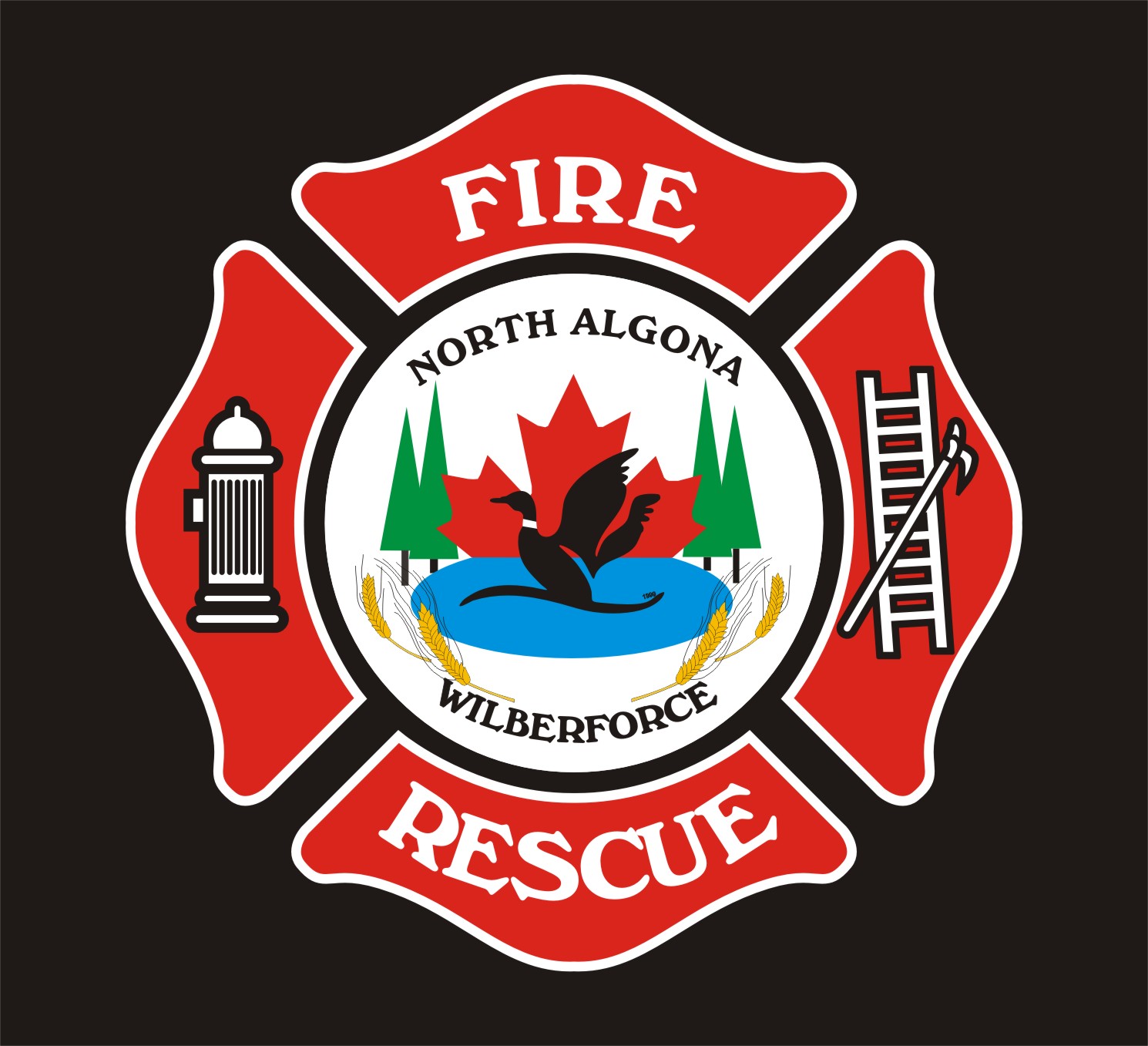
 FIRE BAN LIFTED -BURN SAFELY!!!
FIRE BAN LIFTED -BURN SAFELY!!!
Remember to call 1-(844) 334-4140 before you Burn
By-Law 2020-03 Open Air Burning is in effect.
North Algona Wilberforce residents will require a free burn permit for any open-air fires other than a 2x2x2 campfire.
Permits are required and may be obtained at https://naw.burnpermits.com/
Restrictions and requirements for burning are available on the burn permit site.
Don’t have access to a computer or internet, please call the Fire Prevention Officer at 613-602-6101 for assistance during regular business hours.
Monday -Friday 8:30am – 4:30 pm.
Reminder to residents
Starting April 1st Open-Air burning is only allowed to occur in the evening.
You can ignite your fire two (2) hours before sunset and it must be extinguished two (2) hours after sunrise.
Before Burning
- Make sure all conditions allow you to burn safely until extinguished.
- Take all necessary steps to tend, control and extinguish the fire.
Burn Bans
Burn bans will be posted on the Township website, Facebook page and alerts will sent through the burn permit website and our new municipal connect communications system. Resident and Municipal Communications
Remember you cannot burn during burn bans.
Questions
Questions may be directed to the Fire Prevention Officer during regular business hours. Monday – Friday 8:30am – 4:30 pm.
Jill Hamelin
North Algona Wilberforce Fire Dept.
(613) 602-6101
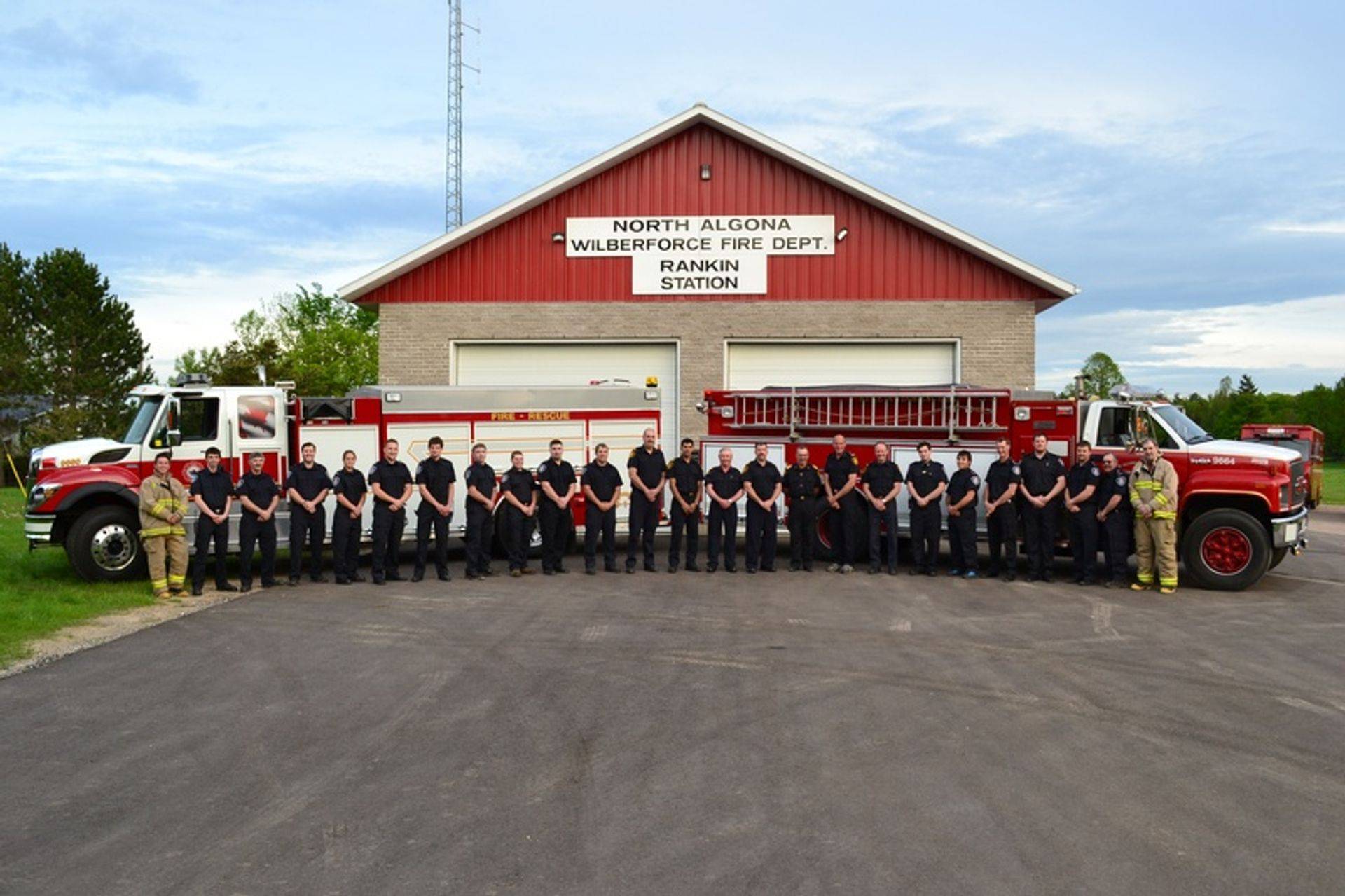
Today’s Burning Hazard Level
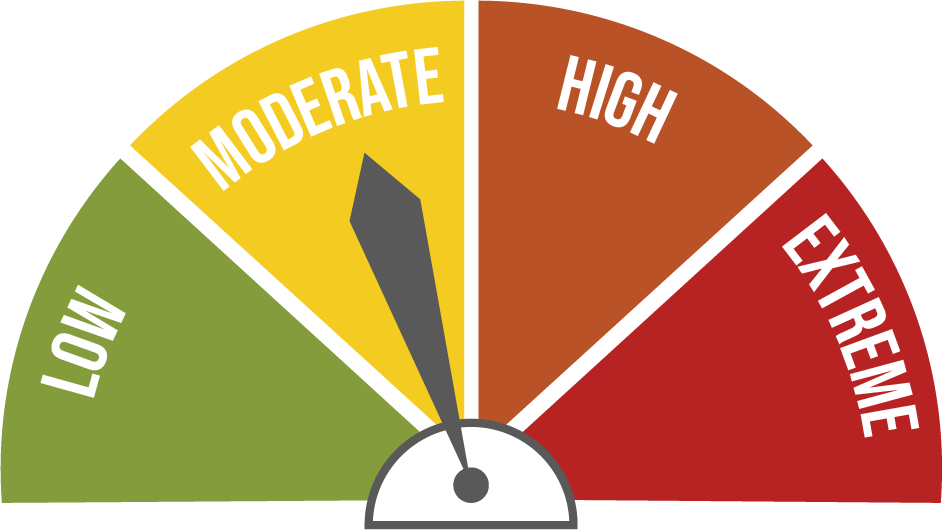
Burning Hazard Level Descriptions
Low: All fires must have adequate tools and resources to extinguish the fire and must be supervised at all times.
Moderate: Burn with caution. All fires must have adequate tools and resources to extinguish the fire and must be supervised at all times.
High: No open-air burning is allowed unless being used solely for the purpose of cooking or warmth with a permit. All fires must have adequate tools and resources to extinguish the fire and must be supervised at all times. Burn permits will not be issued. Fireworks are banned.
Extreme: Total Fire Ban; No open-air burning for ANY reseason including for cooking or warmth is permitted. Burn permits will not be issued. All current permits are suspended. Fireworks are banned.
Flashing Green Lights
When you see flashing green lights on a personal vehicle this is a volunteer firefighter responding to an emergency.
Please yield right of way, they could be going to your home.
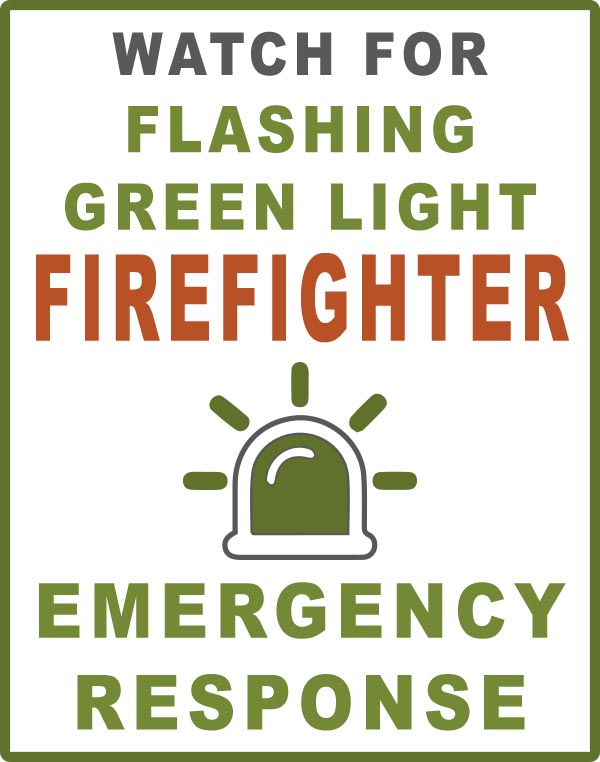
Fire Prevention
Fire prevention information coming soon.
Emergency Plans
If this is an emergency, call 9-1-1 immediately.
Likely General Hazards
- Severe Weather (ex. Snowstorms, Ice storms)
- Floods/Droughts
- Energy Emergencies (Ex. Power Outages, Gas Shortages)
- Hazardous Materials – Transportation
Incident (Ex. Train Derailment)
Be Prepared
In North Algona Wilberforce Township, keeping residents safe is a definite priority. Always being prepared and taking appropriate steps ahead of time can help you and your family deal better when an emergency hits in your area! An organized emergency plan for your family and household, as well as maintaining essential supplies on hand, is one of the first important steps to take.
Emergencies often strike rather quickly without enough time to allow you to choose a shelter or to pack an Emergency Kit. That’s why it always helps to prepare a list of what to do and what to have on hand when an emergency occurs.
For tips and outlines on how to make your own household Emergency Plan, please visit the GET PREPARED website.
Emergency Plan
3 Day Emergency Kit
When an emergency occurs, you could be anywhere but it is most likely that you will be either at home, at work or in your car. Having specific supplies available on-hand can help you endure an emergency by making you self-sufficient for 3 days or even longer!!
Creating A Kit
In an emergency, you will need some basic supplies. You may need to get by without power or tap water. Be prepared to be self-sufficient for at least 72 hours. Make sure your kit is easy to carry and everyone in the household knows where it is.
Be prepared in an emergency.
ontario.ca
Emergency Kit Checklist
Water – at least 2 litres per person per day
Food that won’t spoil, such as canned food, energy bars, and dried foods.
Manual can opener
Crank or battery-powered flashlight (and extra batteries)
First Aid Kit
Extra keys (vehicle and home)
Cash in smaller bills, and change for payphones
A copy of your emergency plan and contact information
Individual items such as prescription medication, infant formula, and equipment for people with disabilities
Emergency Preparedness For Children
Helping kids prepare for emergencies
- Teach them about natural hazards like earthquakes, hurricanes, tornadoes, severe thunderstorms, ice storms, and blizzards –and what to do when they occur.
- Make a family emergency plan, and preparing an emergency kit together.
- Teach your kids what to do in case of a fire.
Make sure your kids know what to do at school if an emergency happens.
Helping kids cope
- Children, in particular, can feel the stress deeply — and may react in different ways.
- The key to helping your children cope is simply by being there and making them feel safe.
- Take their fears seriously and tell them that it’s okay to be scared.
- Explain the events as best you can and acknowledge what’s frightening about what happened.
- Tell your kids what you think and feel. Doing so helps them feel less alone if they know that their feelings are similar to yours.
- Maintain familiar routines, like mealtimes and regular bedtime hours.
- While parents can play a huge role in helping children deal with anxiety, it may be helpful to talk to a professional such as a psychologist or social worker, who can help children understand and cope with their emotions.

Pets and Service Animals
Preparing For Emergencies
The following steps will help keep pets safe.
Identify your pet. If you become separated from your pet during an emergency, their identification may be the only way to find them. Make sure each animal wears a collar and identification tag at all times.
Pet Emergency Kit
- A sturdy crate or carrier
- A strong leash or harness
- ID tag and collar
- Food and water for at least 72 hours (4L/day per average dog, 1L/day per average cat)
- Bowls and can opener for food
- Newspaper, paper towels, plastic bags, litter, and/or litter box
- Special medications, dosage, and veterinarian’s contact information
- Pet files (including recent photos of the animal, your emergency numbers, contact information for friends who could house your pet, copies of any licenses, and vaccination records)
- A pet first-aid kit
- Blanket and toy
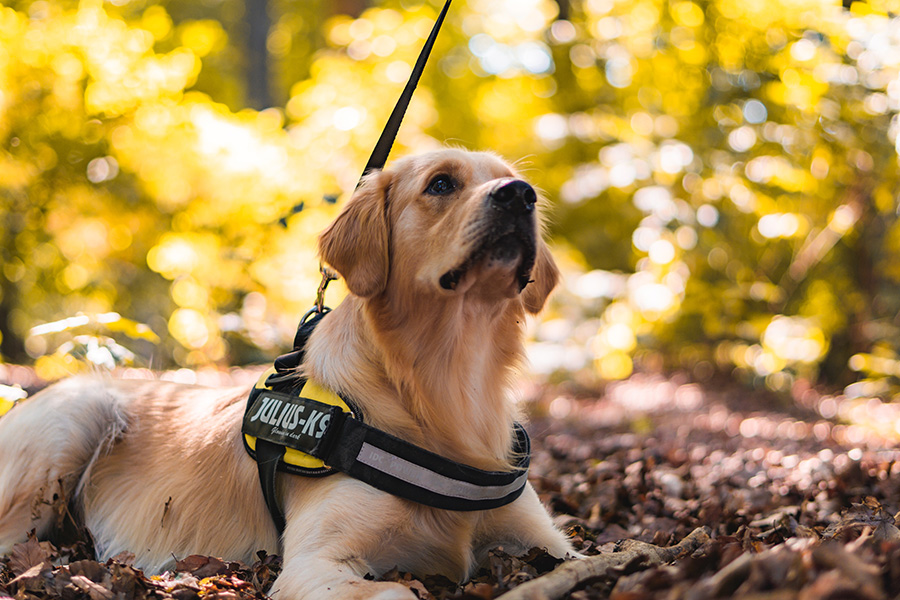
Plan for evacuations
The best way to protect your pet in an emergency is to bring it with you. Most evacuation shelters will only accept service animals.
Make a list of where your pet can be taken in case you need to evacuate. This list can include:
- Include your pet in your family emergency plan exercises.
- Boarding centers and animal shelters
- Animal clinics
- Family members and friends
- Hotels that accept animals even during emergencies
- During An Emergency
Keep your pet inside during severe weather. Animals are very sensitive to sudden changes in temperature and often isolate themselves when scared. Never leave a pet outside or tethered during a storm.
Separate cats and dogs. Keep smaller pets such as hamsters away from larger animals; stress can lead to unusual behavior. Keep newspapers inside for hygiene purposes and feed your pet wet food in order to reduce the amount of water it may need.
If ordered to evacuate, try to take your pet with you. If you must leave your pets in the house, do not tether or cage them. Leave a sign in the window and a note on the door indicating what animals are inside. Provide water and food in timed dispensers. Leave toilet seats up.
